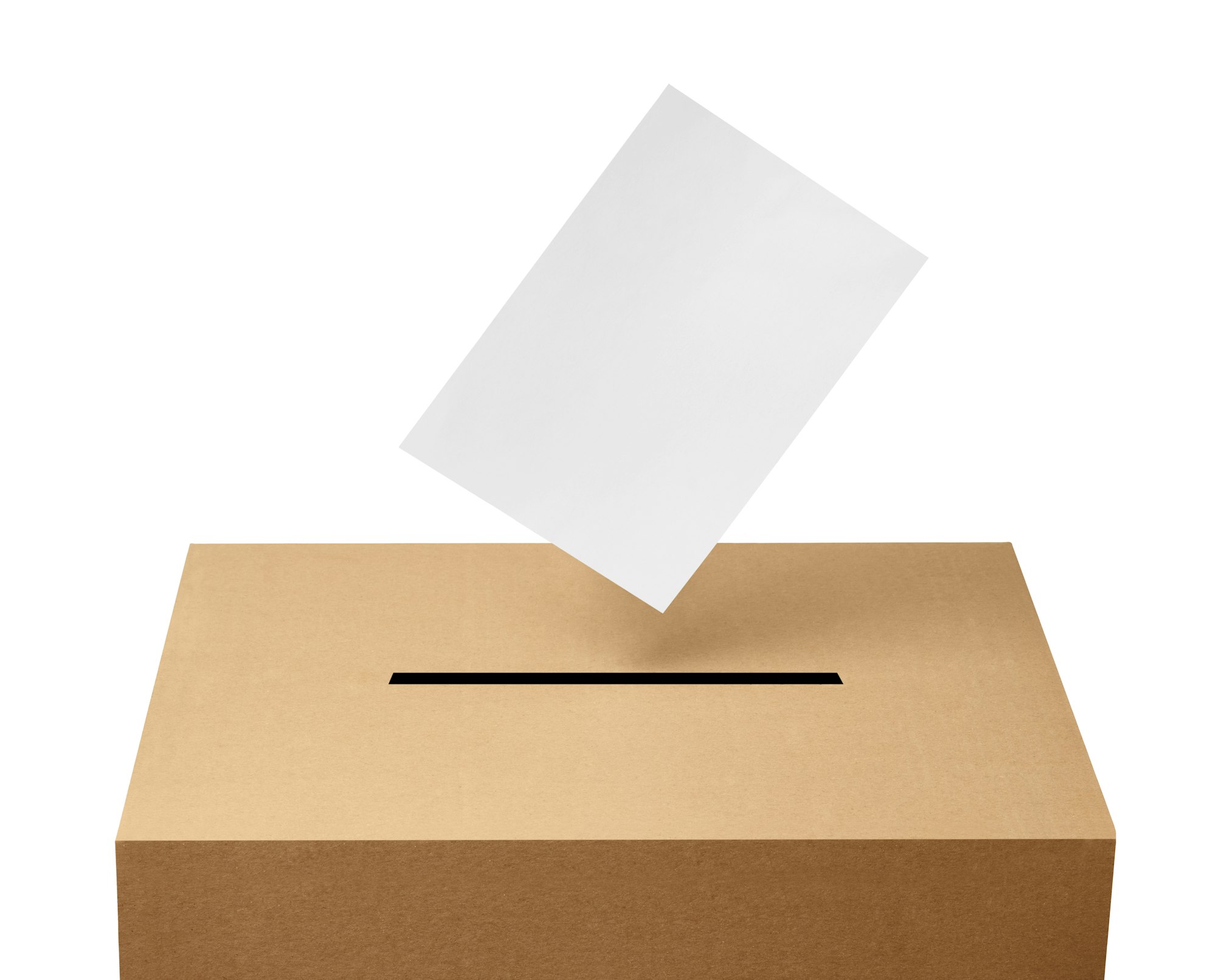A Quick Look at What’s Happening
Lately, officials in various U.S. states have been busy making new laws to deal with the problem of AI-created false information that could mess up elections. As AI technology gets more advanced and widespread, it’s become important for these places to set up rules to keep elections fair and honest.

What’s Going on in Different States
There’s a lot of action happening with over 100 new bills either proposed or passed in 39 states. These laws differ a lot from one state to another but mainly aim to make things more open and penalize the wrong use of AI in elections.
Some Examples from States
- New Mexico: This state is making political groups say if they use AI to make ads.
- Florida: They’re waiting for the governor to sign a law that would require AI-made political ads to have warnings.
- Wisconsin: Here, they’re setting fines for not saying when AI helps create campaign stuff.
- Arizona: They’re talking about laws that would let people sue if someone uses AI to fake their identity without permission.
Problems and Things to Think About
These new laws are really important, but they’re not simple. They have to deal with tricky legal issues and how to actually enforce these rules. There’s also the big challenge of making sure these laws don’t step on free speech rights while trying to stop fake news.
What This All Means
It’s still unclear how effective these laws will be since AI tech keeps getting better so fast. The next elections will really test if these new rules can actually stop AI from spreading fake news during election times.
Get the scoop on how different states are stepping up to stop AI from messing with elections through new laws focused on openness and consequences. Learn about the hurdles and the changing scene in the fight against fake news made by AI.

Frequently Asked Questions (FAQ)
1. Why are states making new laws about AI and elections?
States are introducing new laws to tackle the risk of AI-generated false information influencing elections. As AI technology becomes more capable of creating convincing, misleading content, these laws aim to maintain the integrity and fairness of electoral processes.
2. What do these new laws typically require?
These laws vary by state but generally include requirements for transparency, such as mandating political campaigns to disclose when they use AI to create or alter campaign materials. Some laws also impose penalties for failing to make these disclosures.
3. Can these laws impact free speech?
Yes, one of the major challenges with these laws is ensuring they don’t infringe on First Amendment rights. Balancing the prevention of misinformation with free speech protections is complex and requires careful legal crafting to avoid overreach.
4. How effective are these laws expected to be?
The effectiveness of these laws is still uncertain and will likely vary by state. As AI technology continues to evolve, the real test will be how well these laws can adapt and enforce regulations to mitigate AI-generated misinformation without stifling innovation or free expression.
5. What happens if someone breaks these new laws?
The consequences for violating these AI-related election laws depend on the specific legislation of each state. Generally, violations can result in fines or other legal penalties. In some states, individuals could also face lawsuits for creating or spreading unauthorized digital impersonations.
Sources TIME



Can you be more specific about the content of your article? After reading it, I still have some doubts. Hope you can help me.